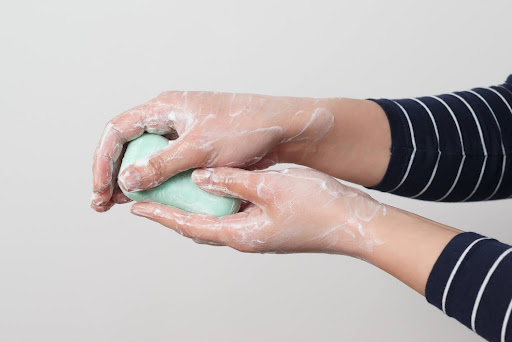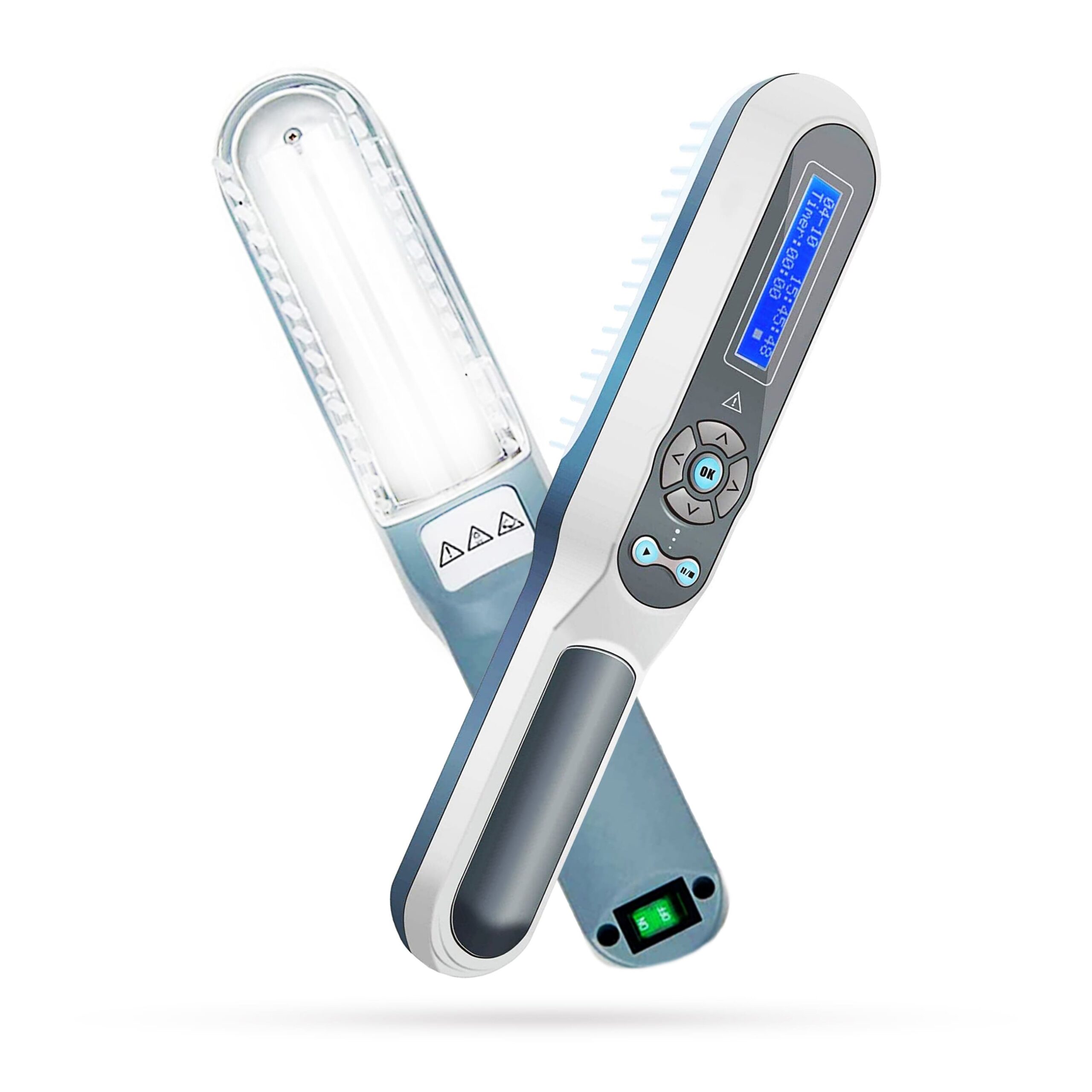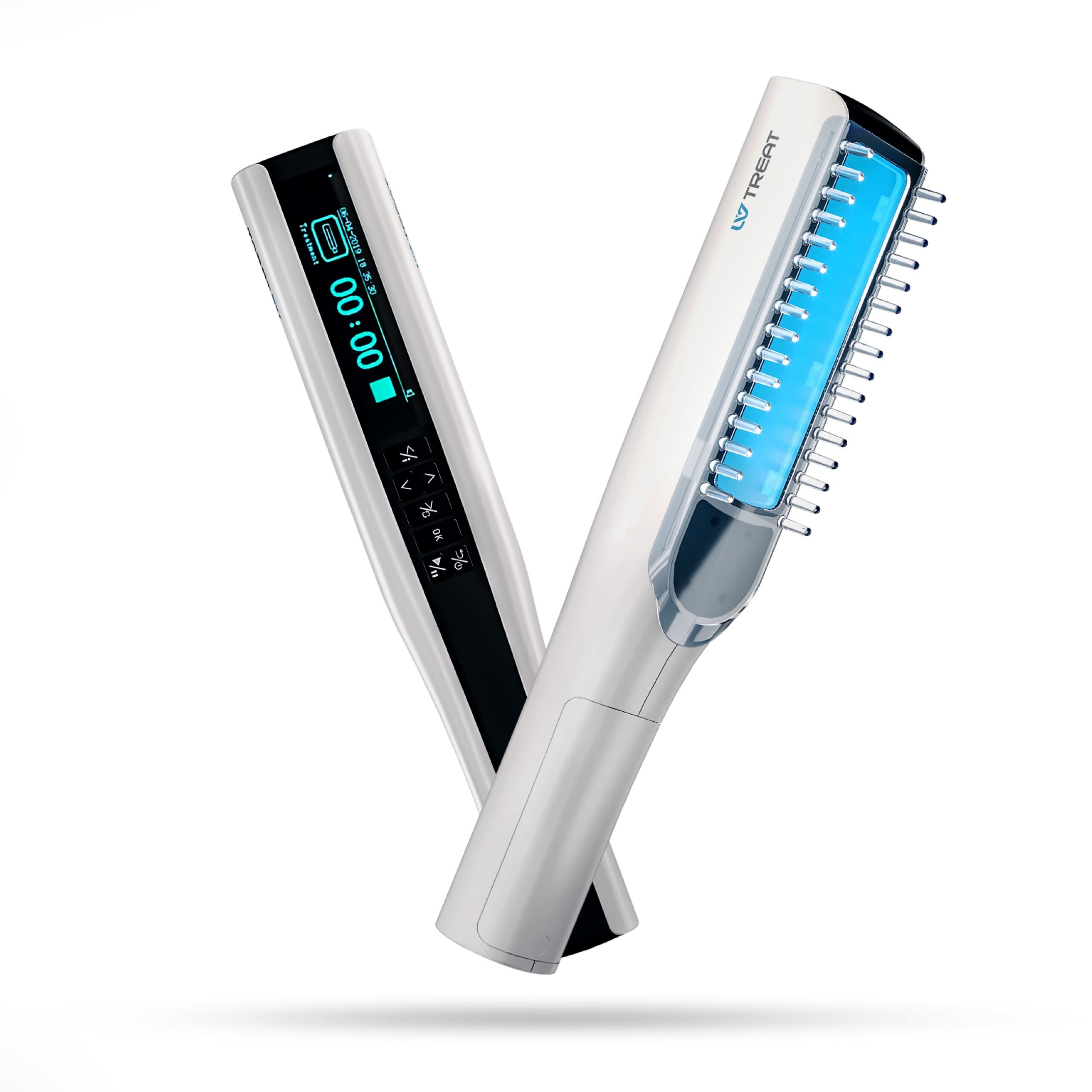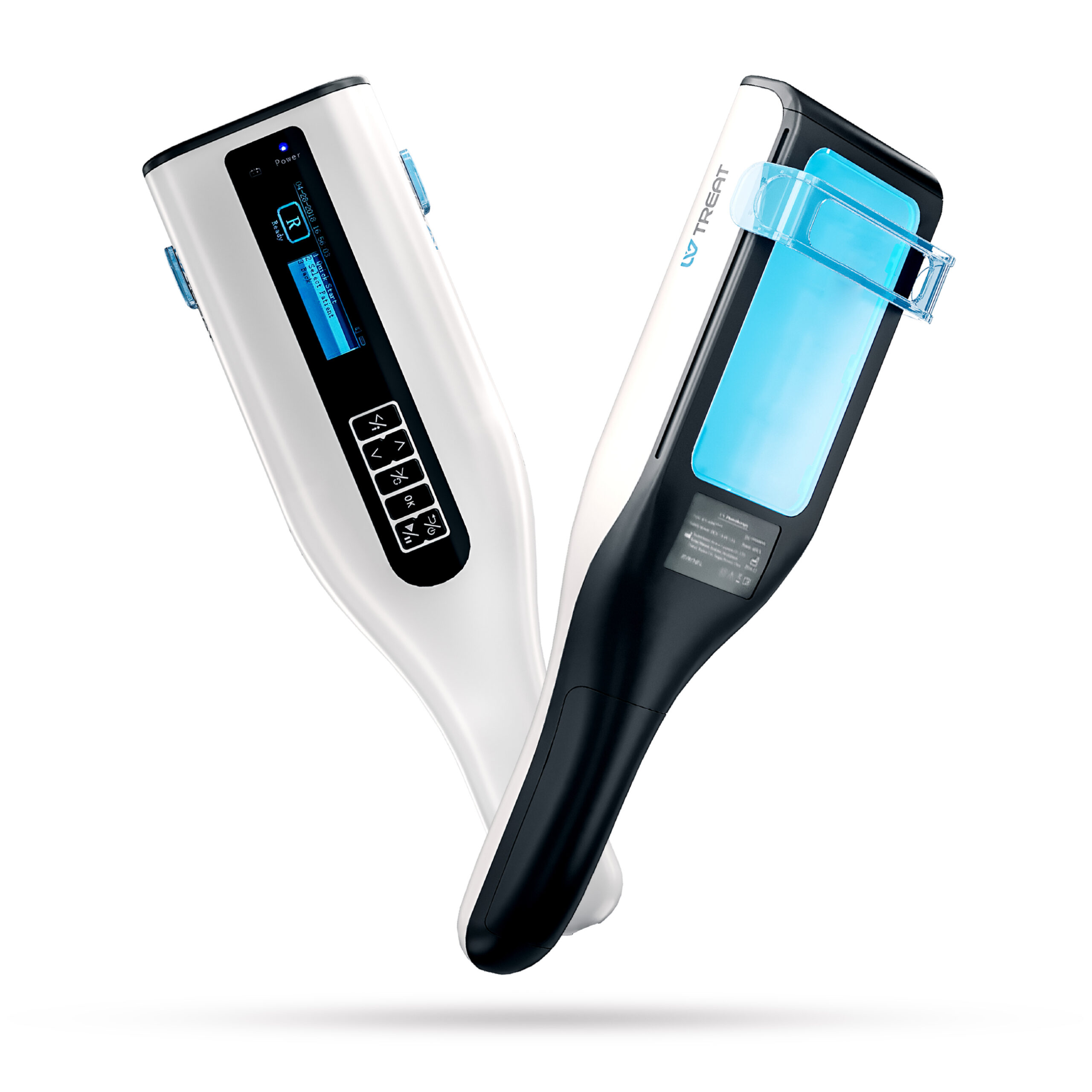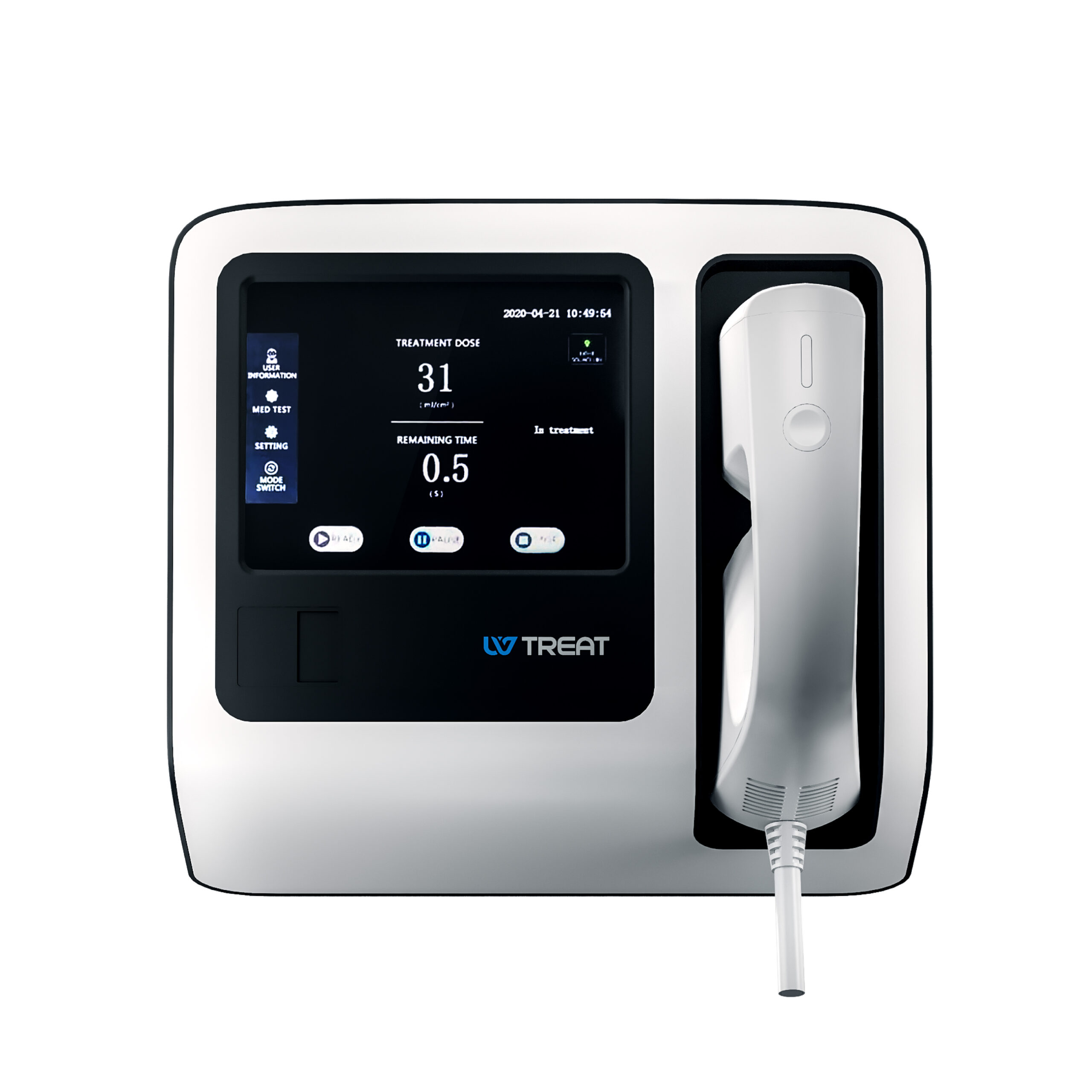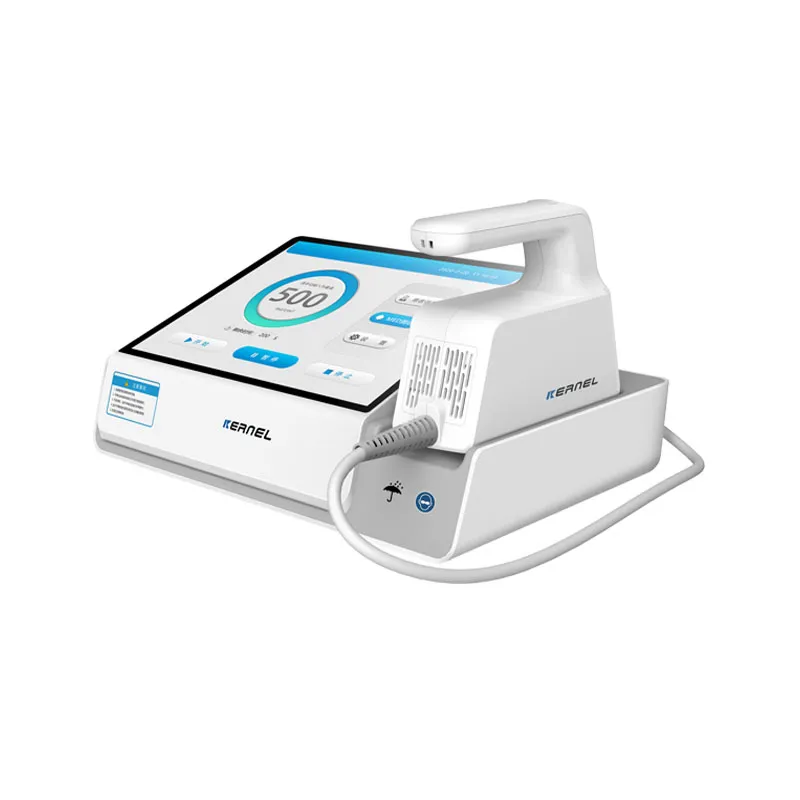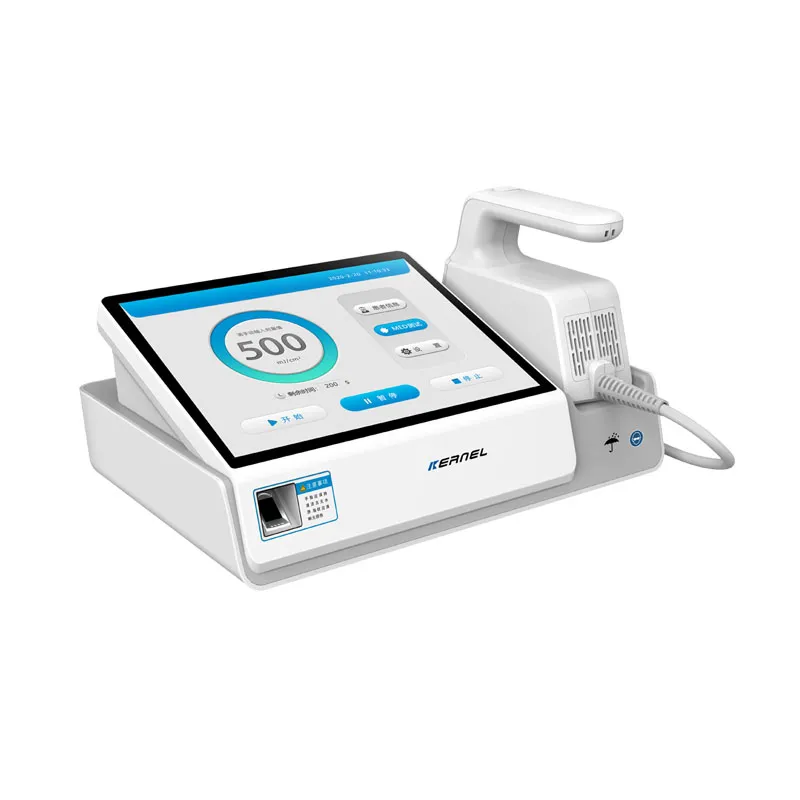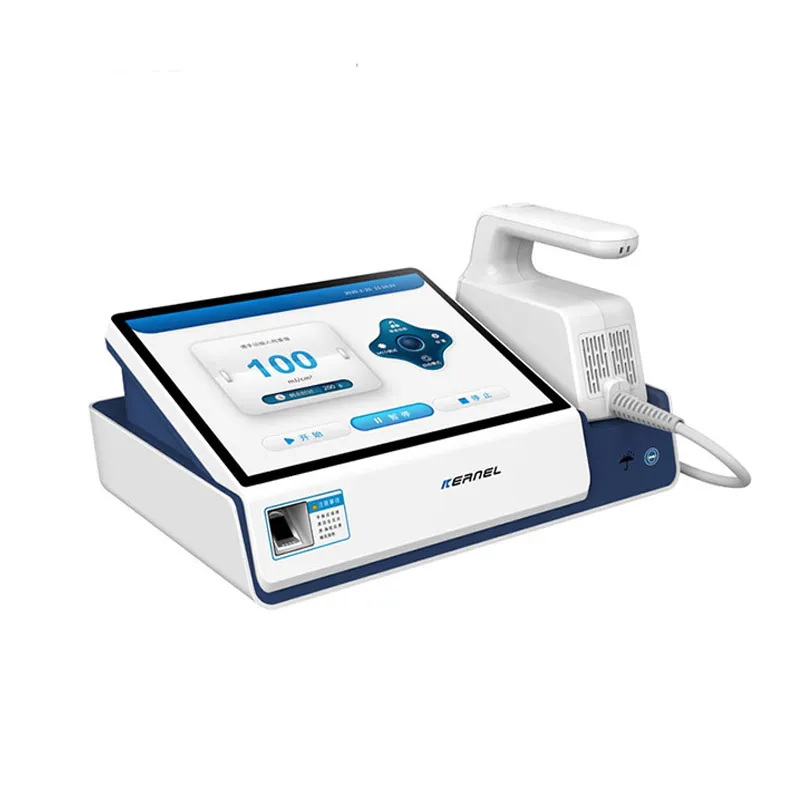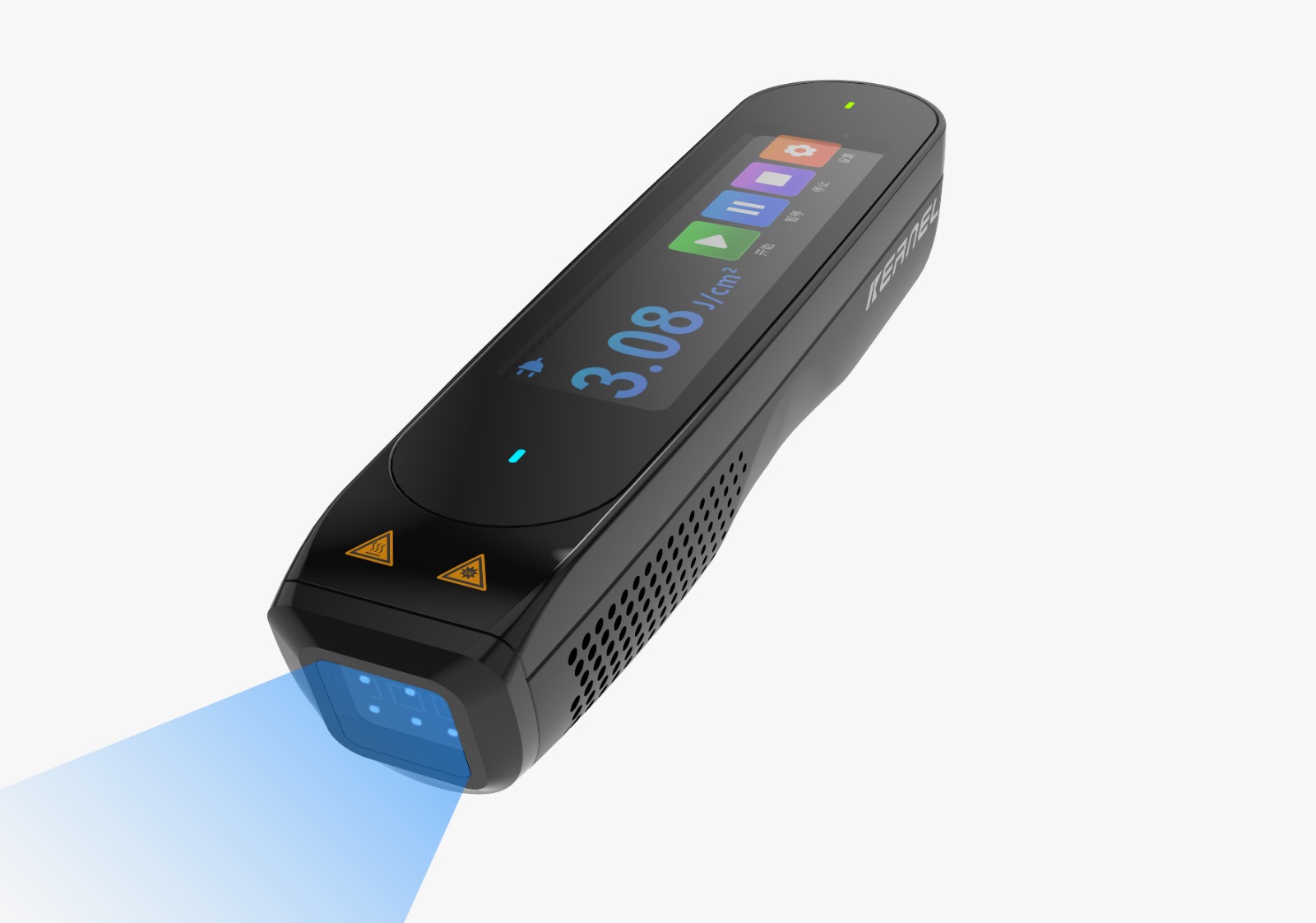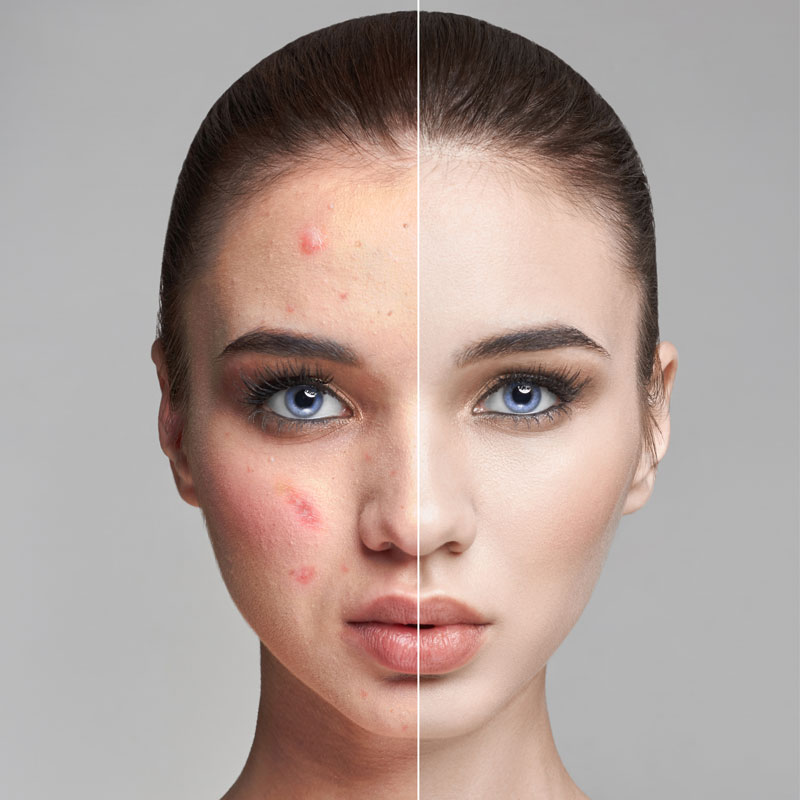Eczema is a common skin problem, with millions of cases per year, and can affect patients regardless of their age, race, or gender. Soap can make a big difference when you have eczema; some may help reduce flare-ups, so pick your soap carefully.
Some soaps, with the harsh chemical, dye, and fragrance constituents, have been known to make eczema flare-ups still even worse, perhaps resulting in an allergic reaction. It is difficult to get natural organic soap that soothes your dry, sensitive skin without doing further harm. Let’s take a look to find out what to look for or avoid in soap ingredients when searching for the best soaps to use in eczema.
What Is Eczema?
Eczema is a broad term for many itchy skin conditions that can cause itchy inflammation, and it may be due to many reasons. This disease can cause dry, scaly, and sometimes swollen skin. At its worst case scenario, the skin may crack to cause open wounds or infections. [1]
These can be caused in different ways, for example, the weakening of the skin barrier by a gene, and therefore, it is prone to both allergens and bacteria. Other triggers include allergies, harsh chemicals, and fragrances in cleaners or personal products, like soaps, shampoos, or lotions. Climate factors like dry air can also result in a higher sensitivity.
What are the Best Soaps for Eczema?
Eczema, like atopic dermatitis, can be triggered by soap, which is a common irritant. Finding right soaps for eczema is crucial because some soaps and skin care products might make eczema worse. Soaps without fragrances, dyes, and allergens are recommended for those with eczema. [2]
Many soaps, lotions, and detergents contain harsh ingredients and scents that can leave the skin feeling drier and itchier and cause flare-ups for people with this condition. When looking for eczema-friendly soaps, consider those with syndet or glycerin or those approved by the National Eczema Association (NEA). Choosing a gentle and mild soap when dealing with eczema or dermatitis is crucial. [3]
What To Look For in Soap for Eczema
Getting the right soap may be a little demanding if you have eczema. Most ordinary soaps have harsh chemicals like sodium lauryl sulfate (SLS) that will dry your skin. This will alter with the outermost layer of the skin, hence no moisture within. As part of your eczema treatment, opt for the best lotion for eczema and gentle cleansers that won’t exacerbate your symptoms.
Look for natural soaps like aloe vera, tea tree oil, shea butter, and oatmeal, which are soothing agents for inflammation and itching. Let’s examine the ingredients that you should look for the best hand soap for eczema:
Syndet
Average human skin is at a pH of between 4 and 6. Soap, on average, is at a pH between 9 to 10. If this level increases, then the eczema case may worsen. The skin pH can be maintained by using syndet bars made out of synthetic detergents. [4]
Unlike ordinary soaps, syndets bear a neutral or mildly acidic pH, which reduces irritation. The best bar soap for eczema, like Syndet bar, is hydrating, preserving the skin barrier, and preventing dryness. Some of the other popularly available examples include Dove White Beauty Bar and Cetaphil Gentle Cleansing Bar.
Glycerin
Glycerin, found in some gentle cleansers and soaps, helps keep the skin moisturized by drawing moisture from the atmosphere. It acts as a humectant, retaining moisture similar to how natural soap “sweats.”
National Eczema Association Seal of Acceptance
The NEA evaluates ingredients and testing data to determine if products are safe for individuals with eczema. Their Seal of Acceptance program assures a product is free from common irritants. This seal helps people with eczema select products, like the best body soap for eczema, that are less likely to trigger allergic reactions or worsen symptoms. [5]
What to Look For on the Soap Labels
Start your search by examining product labels and descriptions. Here are some key points to look for:
- Harsh cleansers: Opt for soaps with mild, gentle cleansers for sensitive skin. As the NEA recommends, avoid ingredients like formaldehyde, propylene glycol, salicylic acid, and fragrance.
- Allergens: Ensure you’re not allergic to any ingredients. If unsure, systematically test different soaps to identify irritants.
- Fragrance: Choose fragrance-free or scent-free soaps to avoid potential allergens.
- pH: While pH-balanced formulas claim to match skin pH (around 5.5), most soaps are pH-balanced. Avoid alkaline soaps, as they can harm the skin’s barrier function. [6]
- Third-party endorsement: Seek endorsements from reputable organizations like the NEA, which evaluates and recognizes products suitable for eczema or sensitive skin care.
- Deodorant: Steer clear of deodorant soaps with added scents that may irritate sensitive skin.
Over-the-Counter Best Soaps for Eczema Relief
For those seeking gentle face cleansers, body washes, or hand soaps that moisturize without worsening eczema symptoms, consider these nonprescription options tailored for sensitive skin:
Dove Sensitive Skin Beauty Bar
- It is formulated without irritating foaming agents, artificial colors, or fragrances.
- The hypoallergenic formula contains moisturizing cream to keep skin hydrated and prevent flare-ups from dryness.
CeraVe Soothing Body Wash
- Developed by dermatologists to cleanse and calm the skin.
- It contains essential ceramides, omega oils, and hyaluronic acid to restore skin to a healthy state. [7]
- Free from sulfates, parabens, and fragrances, and endorsed by the National Eczema Association.
NEA-Approved Products for Eczema Relief
To help manage eczema, the American Academy of Allergy, Asthma & Immunology suggests using soap-free cleansers. [8] Many of these cleansers don’t contain sodium lauryl sulfate, which is the foaming agent found in soap.
Some products endorsed by the National Eczema Association (NEA) include: [9]
- CLn BodyWash
- Cerave Soothing Body Wash
- CLn Facial Cleanser
- Basis Sensitive Skin Bar
- Skinfix Eczema Soothing Wash
- Neutrogena Ultra Gentle Hydrating Cleanser
- Cetaphil Gentle Cleansing Bar
Testing a New Soap or Cleanser
Before using a new soap or cleanser, testing it for potential allergic reactions is essential. [10] Here’s how to do a patch test:
- Add a small amount of the product to the crook of your elbow or wrist.
- Clean and dry the area, then cover it with a bandage.
- Leave the area unwashed for 48 hours, observing for any signs of allergic reaction such as redness, itchiness, flaking, rash, or pain.
- If a reaction occurs, remove the bandage immediately and wash the area. If there’s no reaction after 48 hours, the soap or cleanser is likely safe to use.
What To Avoid in Soap for Eczema
Now that you understand what makes a good soap for eczema, let’s explore ingredients that can trigger eczema symptoms:
- Sodium Lauryl Sulfate: In soaps, shampoos, and detergents, it will simply remove the skin’s natural protective barrier and add to the symptoms. Use products labeled “SLS-free.” [11]
- Fragrance: Most soaps contain some chemicals in the fragrance that is not well-mentioned; hence, one cannot really identify any potential irritants. They can exacerbate eczema; thus, opt for no fragrance in soaps or use natural-scented ones.
- Allergens: Avoid any ingredients that have irritated you in the past.
- Alkaline soaps: Check the balanced pH level in soaps since alkaline soaps can compromise the lipid layer and provoke a pH alteration that may be harmful to eczema. [12]
Tips for Preventing Infection and Skin Irritation
Here are some tips from the Asthma and Allergy Foundation of America to keep your skin healthy while staying protected:
- Keep your skin clean: Wash regularly with mild, fragrance-free soap and warm water to remove dirt and bacteria without irritating your skin.
- Choose handwashing over sanitizing: Hand sanitizers with alcohol can irritate your skin. Use gentle cleansers for handwashing whenever possible.
- Moisturize: Apply moisturizer immediately after bathing to lock in moisture and prevent dryness, which can lead to skin irritation and cracks.
- Avoid scratching: Keep nails short and wear gloves at night if necessary to prevent scratching and further skin damage.
- Pat dry: After washing your hands, gently pat them dry with a disposable towel or tissue. Avoid rubbing, which can cause irritation.
- Bring your own soap: If you’re concerned about harsh soaps in public places, carry travel-size bottles of your preferred soap. Keep soap and moisturizer containers clean to prevent germ spread.
- Change disposable gloves often: If you wear disposable gloves, change them regularly and keep your hands clean. Avoid sanitizing or washing gloves, as this can affect their effectiveness.
Summary
Eczema varies from person to person, so finding the right soap or cleanser is an individual process. Avoiding fragrances, dyes, and harsh chemicals is crucial. Patch testing or consulting a dermatologist can help find the best option. Seek medical help for severe reactions or signs of infection.
For personalized advice on finding the best soap or cleanser for your eczema, you can reach out to UVB Treatment. Simply fill out the form, and our experts will assist you in selecting the perfect soap for your skin.
Frequently Asked Questions – FAQs
-
Which are the best soaps for eczema?
Go in for a selection of natural soaps that have anti-inflammatory ingredients. Avoid using lathering soaps and go in for moisturizing soaps like Shea Butter. Also, choose fragrance-free soaps, preferably those that are pH-balanced.
-
Can laundry detergent make eczema worse?
Yes, the harsh chemicals and scents in laundry detergents can exacerbate eczema. Try using a sensitive skin-type detergent or some natural alternative so the skin does not get irritated.
-
Does antibacterial soap help eczema?
It varies. It can help for some, while it can exacerbate the symptoms of others. Consult a doctor for personalized advice. It is generally better to use mild, chemical-free soaps.
-
Can hypoallergenic soap be used for eczema?
Yes, hypoallergenic soaps would do. They have absolutely no irritants, and most come with natural moisturizers like shea butter and aloe vera. Apply products for sensitive skin, too. Consult a doctor before using any new products.
